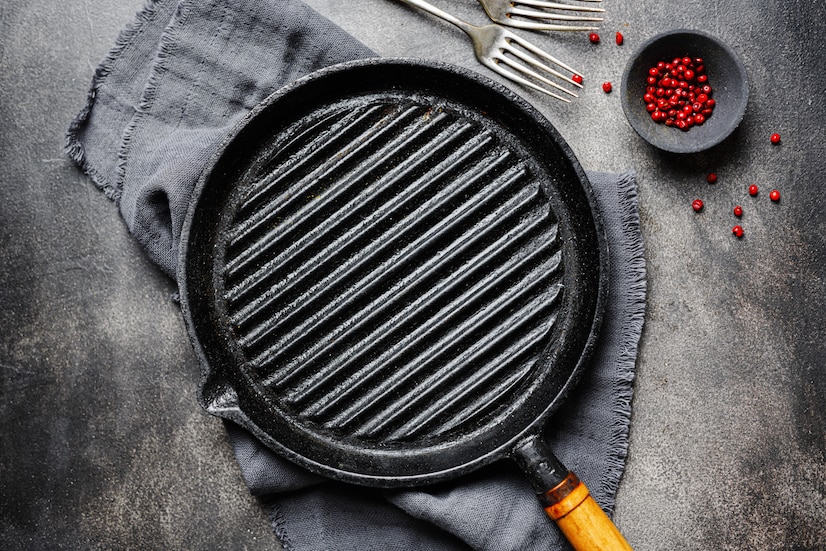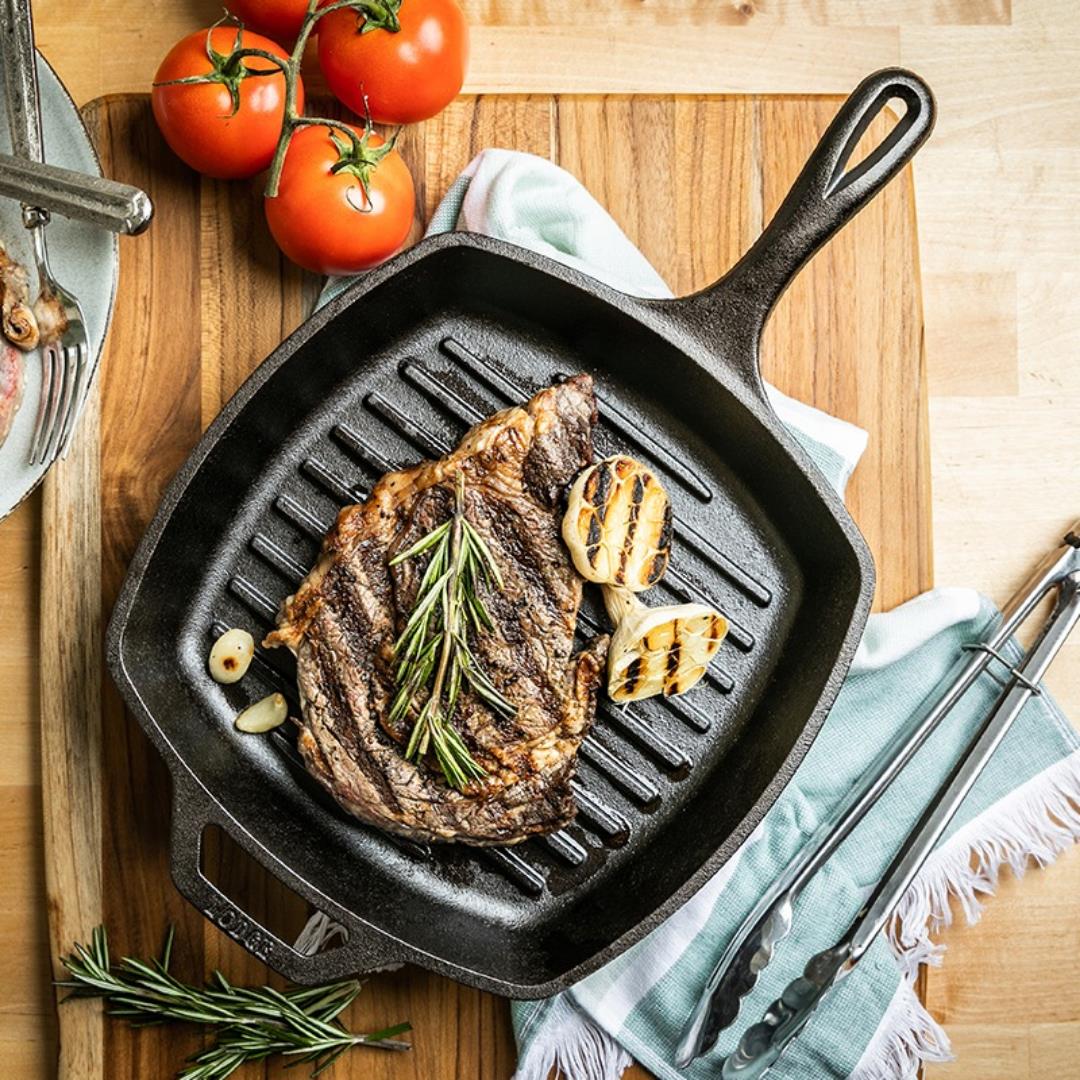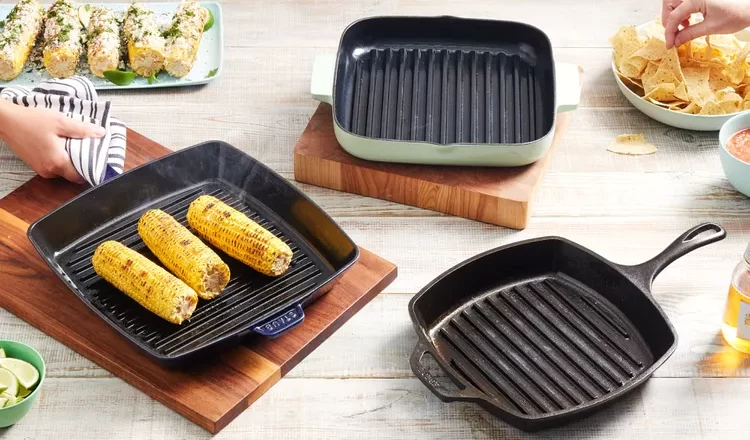Cast iron grill grates are loved for their durability and ability to retain heat, but they come with their own set of challengesprimarily, rust. Learning how to keep cast iron grill grates from rusting is essential for maintaining their longevity and efficiency. Rust not only deteriorates the grate’s functionality but also affects the flavor of the food you cook. Fortunately, with some diligent care and useful tips, you can keep your cast iron grill grates in top shape.

Understanding the Problem: What Causes Rust?
Before diving into the methods of preventing rust, its important to understand what causes it. Rust forms when iron reacts with moisture and oxygen to create iron oxide. This process can be expedited by exposure to salty air, humidity, and even food residues left on the grates. Understanding rust formation will help you take timely measures to prevent it.
Grill Grates Are Vulnerable
Cast iron grill grates are especially vulnerable to rust due to their porous nature. When the surface is unprotected, moisture can easily find its way into the tiny pores, leading to rust. Therefore, a protective layer is essential for these grates.

Cleaning Your Cast Iron Grill Grates
The first line of defense in keeping your grill grates rust-free is proper cleaning. It might seem counterintuitive, but correct cleaning can both remove and prevent rust.
Step 1: Burn Off Food Remnants
After you finish grilling, ignite your burners to high heat for about 15 minutes. This will turn any remaining food particles into ash, making them easier to brush off. Use a grill brush to scrub off the debris thoroughly.
Step 2: Allow to Cool and Then Handwash
Let the grill grates cool down before attempting to clean them with water. This protects you from burns. Use warm, soapy water and a sponge to clean the grates. Avoid using steel wool, as it can scratch the surface.
Step 3: Rinse and Dry Completely
Rinse the grates thoroughly to remove any soap residue, which can attract moisture and contribute to rust formation. Immediately dry the grates with a clean towel.

Seasoning Your Cast Iron Grill Grates
Seasoning is an essential process for keeping your grill grates in good condition. It involves applying a layer of oil and heating it to create a protective layer that prevents rust and creates a non-stick surface.
Step 1: Apply a Thin Layer of Oil
Use vegetable oil or any high smoke point oil. Apply a thin, even coat over the entire surface of the grill grates. Make sure to coat all the nooks and crannies.
Step 2: Heat the Grill Grates
Preheat your grill to around 450F (232C). Place the grates on the grill and let them heat up for about an hour. This allows the oil to polymerize and form a solid, protective layer.
Step 3: Cool and Store Properly
Once the grates have cooled, store them in a dry place. If you have to leave them outside, make sure they are covered.

Proper Storage Techniques
Storage plays a vital role in preventing rust. The following tips can help you store your cast iron grill grates properly:
Store Indoors When Possible
Whenever possible, bring the grill grates indoors. This greatly reduces exposure to moisture and humidity, which are significant contributors to rust.
Use a Grill Cover
If bringing your grill grates indoors is not an option, investing in a high-quality grill cover can be a game-changer. Ensure the cover fits snugly to keep out rain and dew.
Regular Maintenance
Seasoning and cleaning arent just one-time activities. Regular maintenance is crucial for keeping your grill grates in peak condition.
Check for Signs of Rust
Make it a habit to inspect your grill grates after each use. Look for any early signs of rust, like small reddish patches. Catching rust early can make a big difference.
Reseason as Needed
Even with regular seasoning, your grill grates might need an extra layer now and then. If you notice food starting to stick or any signs of rust, it’s time to reseason them.
Troubleshooting Common Issues
Sometimes, despite your best efforts, rust can still appear. Heres how to tackle common issues:
Removing Rust
If you find rust on your grill grates, dont panic. You can use a wire brush or sandpaper to scrub it off. Once youve removed the rust, clean, rinse, dry, and then reseason as usual.
Addressing Sticking Food
If food starts to stick to your grill grates even after cleaning and seasoning, it might be due to a lack of seasoning layers. Try adding more layers of seasoning to build up a robust non-stick surface.
Additional Tips for Extra Care
For those who like to go the extra mile, here are some additional tips to ensure your cast iron grill grates remain rust-free:
Use a Salt Paste
If you find food residue thats particularly stubborn, you can make a paste using salt and water. Apply the paste to the grates and scrub with a brush. This adds an extra layer of cleansing without scratching the surface.
Invest in a Stainless Steel Brush
Stainless steel brushes are excellent for cleaning grill grates. They are durable and effective at removing food residue and rust without damaging the finish.
Store with a Desiccant
Using a desiccant, like silica gel packets, can help absorb any residual moisture when the grill is not in use. Place these packets alongside the grill grates in storage to keep the environment dry.
Conclusion
Maintaining cast iron grill grates doesnt have to be a daunting task. With regular cleaning, proper seasoning, and appropriate storage, you can keep your grates rust-free and in excellent condition. By understanding the causes of rust and adopting a proactive maintenance routine, youll extend the life of your grill grates and enhance your grilling experience. Remember, how to keep cast iron grill grates from rusting is as much about good practices as it is about vigilance and commitment. Happy grilling!
FAQs
Can I still use my cast iron grill grates if they are rusty?
Yes, you can still use rusty grill grates after cleaning them. Make sure to remove the rust entirely using a wire brush or sandpaper. Follow this with thorough cleaning, drying, and seasoning before using them.
How often should I season my cast iron grill grates?
Seasoning frequency depends on how often you use your grill. For heavy usage, seasoning every couple of months should suffice. If you notice food sticking or rust formation, its time to reseason.
Can I use cooking spray for seasoning?
While cooking spray can be a convenient option, its better to use oils with higher smoke points for seasoning, like vegetable oil or flaxseed oil, for a more durable seasoning layer.
As an Amazon Associate, I earn from qualifying purchases.
For more detailed tips on cast iron skillet care, visit reseason cast iron and cook roast.
For further reading, have a look at these skillet recipes guide for more culinary inspiration.

